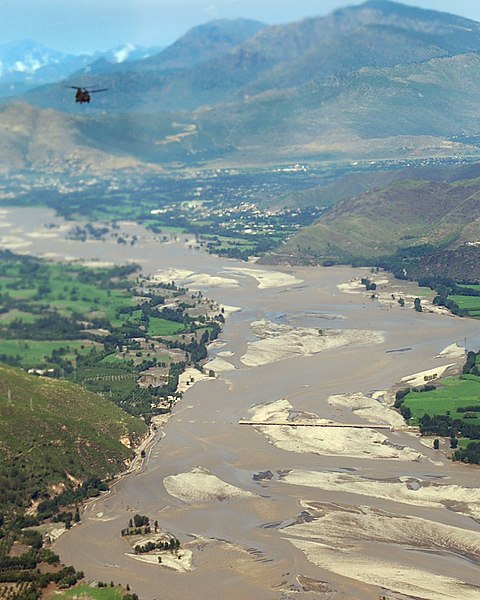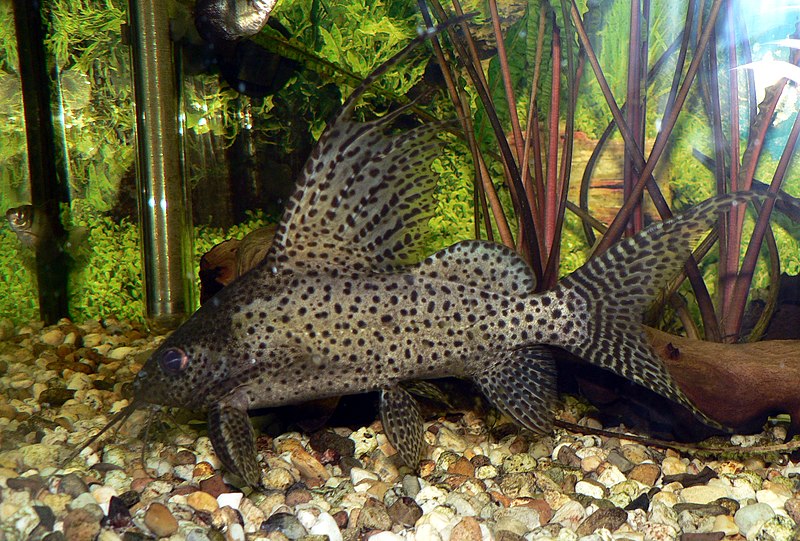 Anyone who has ever experienced a flood first hand will have very few (if any) positive things to say about the disaster after the water recedes. Recent flooding in the northeast left thousands to bucket mud and sediment from their homes and some lost their homes entirely. Floods for us are rarely a benefit, but for fish and waterways, flooding performs vital work. Despite the unfortunate individuals that find themselves stranded in backwater pools and puddles (most of which are picked off by advantageous predators), the fish that remain or find their way nack to an adequate stream or river can thrive after these events. Lets explore how wild fish respond to flooding and how these events can relate to some species we keep in aquariums.
Anyone who has ever experienced a flood first hand will have very few (if any) positive things to say about the disaster after the water recedes. Recent flooding in the northeast left thousands to bucket mud and sediment from their homes and some lost their homes entirely. Floods for us are rarely a benefit, but for fish and waterways, flooding performs vital work. Despite the unfortunate individuals that find themselves stranded in backwater pools and puddles (most of which are picked off by advantageous predators), the fish that remain or find their way nack to an adequate stream or river can thrive after these events. Lets explore how wild fish respond to flooding and how these events can relate to some species we keep in aquariums.
We see destruction when we see floods occur, but for fish in natural waterways floods provide rather regenerative qualities to the native habitat. The swift water flushes sediment and debris out of pools and runs allowing fish to hide and move about more freely. Depending on severity and degree of the flooding, the layout of streams and rivers can go through dramatic changes. Rushing water can carve new and deeper pools in creek beds. Rotting wood and roots may be washed downstream, but they may be replaced with newly fallen trees and branches which create new places to hide. Sediments may fill in some shallow pools and create new gravel beds and sand bars where fish can feed and reproduce. New sediment beds are also prime real estate for scuds and other macroorganisms to colonize, creating a rich food source for other species. While the fish find refuge in underwater nooks and recesses their community gets a makeover! Trash and pollutants can also be swept away, leaving a cleaner environment once the water clears. Read More »
 That Fish Blog – Aquarium Advice and Information
That Fish Blog – Aquarium Advice and Information



